More and more women are choosing to delay motherhood for various reasons, including personal, career, or economic considerations. As a result, an increasing number of children are born when their mothers are in their mature years. Advancements in assisted reproductive techniques have provided an opportunity for women to combine motherhood and menopause, and many are taking advantage of this option.
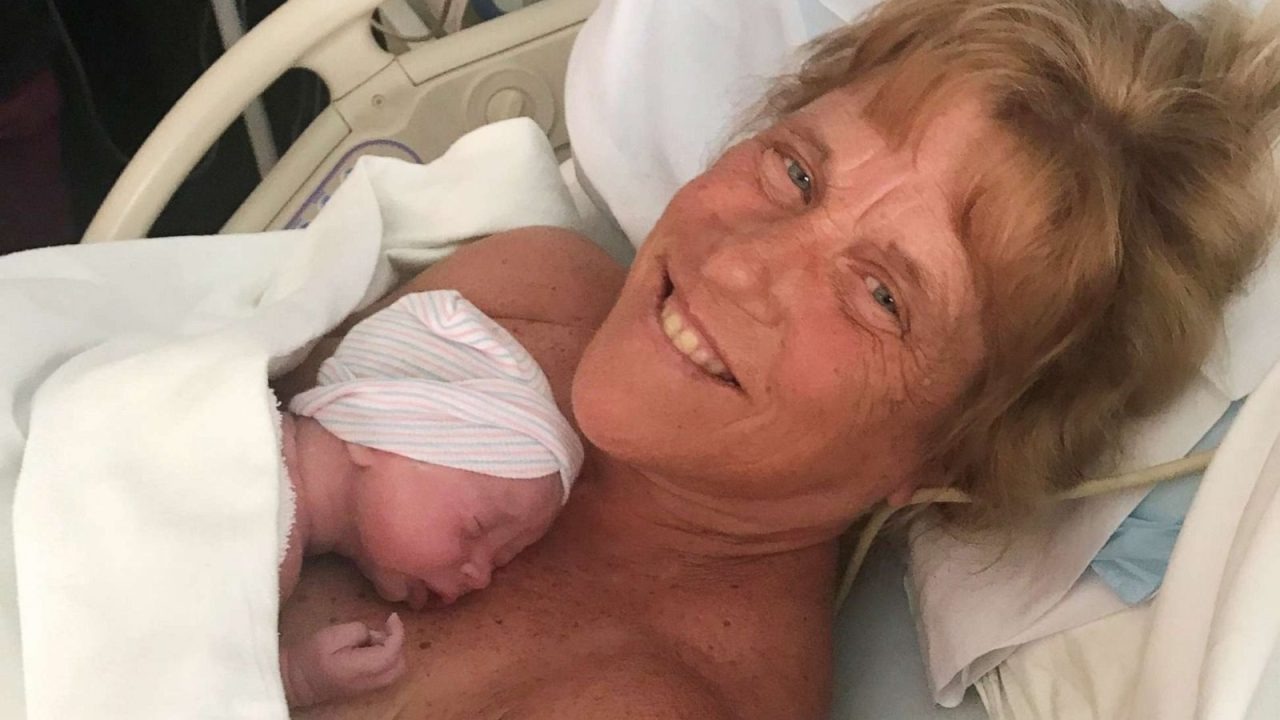
In Spain, there is no age limit for fertility treatments in women, although the National Commission for Assisted Human Reproduction recommends setting a "limit" of 50 years to avoid potential major problems. However, in private healthcare, treatments are generally covered only for women under the age of 40 and men under the age of 50, as mandated by Social Security in Spain.
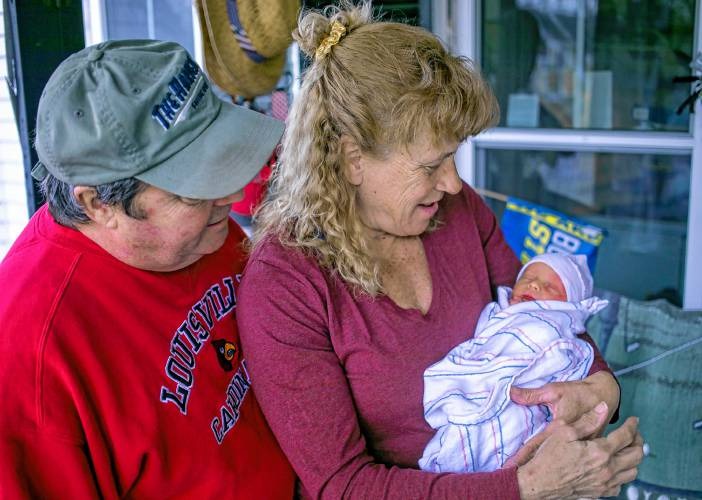
Despite these restrictions, it is becoming more common to witness women over 40 fulfilling their dream of becoming mothers. Cases like Adriana, who became a mother at 66, Christine Boama, at 50, and the most recent, Rebecca, at 44, have made headlines in the media.
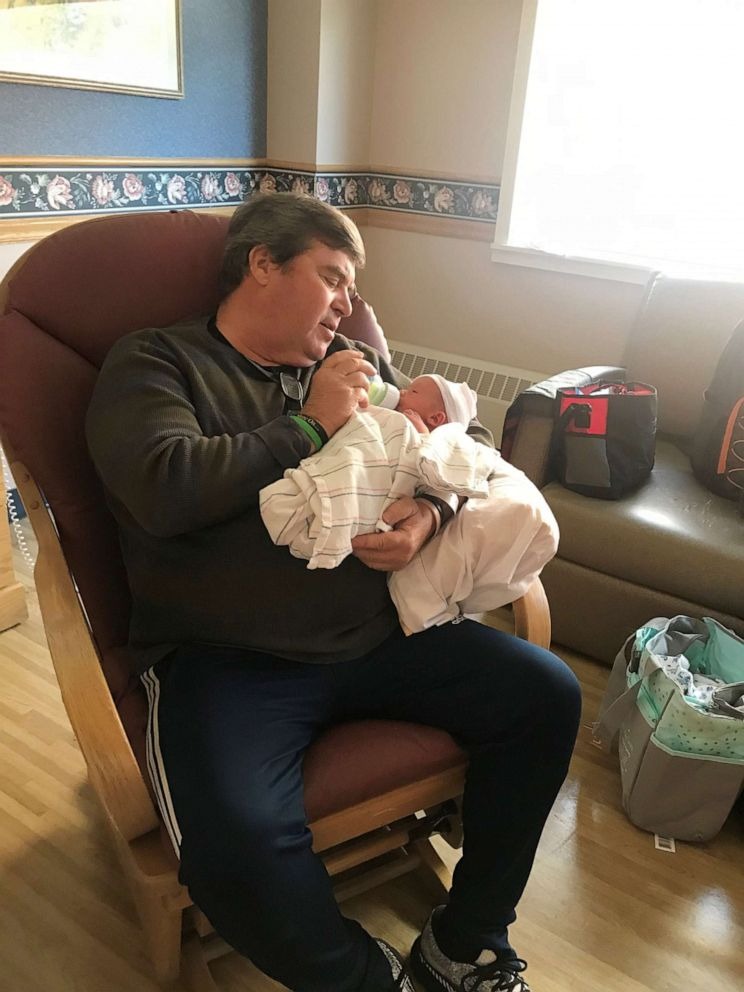
Now, a new phenomenon is emerging more frequently: women becoming mothers over 50. Today, we have another exceptional case of Barbara Higgins, an American teacher who has become a mother at 57 years old.
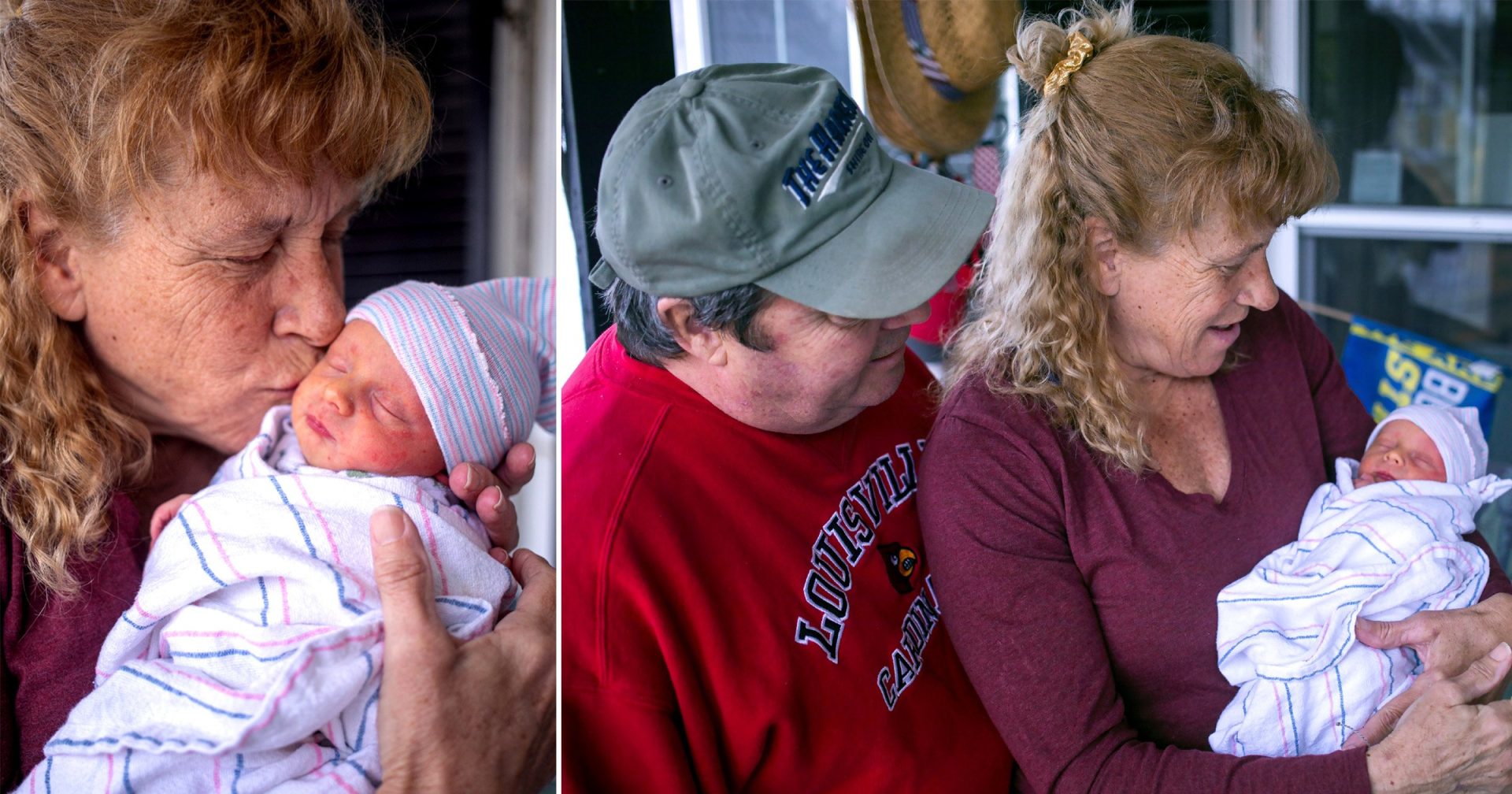
Barbara's wish to have a third child came after the devastating loss of their daughter Molly to a brain tumor in 2016. Following a period of mourning, Barbara and her husband Ken decided to take steps to expand their family. However, Barbara wants to make it clear that her son Jack, whom she named, is not a replacement for her late daughter Molly. She acknowledges that Jack may not have existed if her young daughter were still alive.
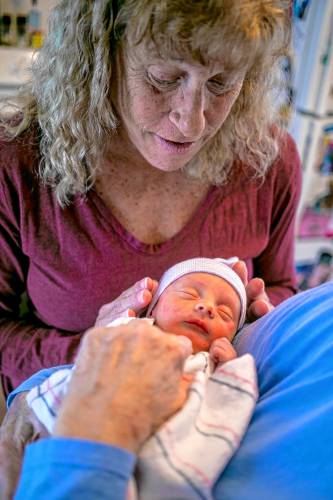
Barbara admits that the journey has not been easy, but by taking more risks, she has lived it with a heightened sense of emotions and intensity. Her husband Ken, at 65, feels "younger than 10 years ago" and is fully prepared for this unique challenge.
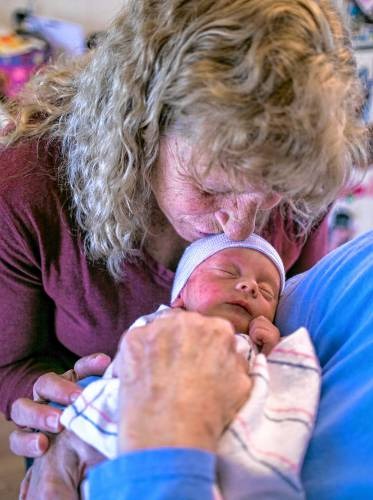
Reactions to Barbara's pregnancy announcement have been varied, with many showing positive support. Nevertheless, she couldn't avoid negative comments, with some accusing her of selfishness for putting her health and the baby's well-being at risk due to the late pregnancy. Despite the criticism, Barbara wouldn't trade the experience for anything.

"We have all the time in the world to enjoy it," she says, given that she works part-time and her husband is already retired. Barbara's determination and passion prove that it's never too late to pursue your dreams, especially in a time when life expectancy reaches 100 and scientific advancements make even the most extraordinary wishes possible.

However, it's essential to keep in mind that nature will take its course, and while scientific methods can challenge age-related obstacles, the risks of complicated pregnancies and potential health issues for both mother and child increase with age. It's crucial to be fully prepared and informed before making a final decision.



